When it comes to maintaining the efficiency and longevity of your HVAC system, air filters play a crucial role. Choosing the right type of air filter and knowing when to change it can significantly impact your system's performance and your home's indoor air quality. Here, we'll explore the different types of air filters available, how to choose the right one for your needs, and how often you should change them to maintain optimal efficiency.
Different Types of Air Filters
There are various types of air filters available, each with its own benefits and drawbacks. Some of the most common include:
- Fiberglass filters: These are the most basic and affordable option, but they provide the least amount of filtration. They're best suited for homes without allergy sufferers or pets.
- Pleated filters: These filters have a higher surface area, providing better filtration and improved efficiency. They're a good choice for homes with pets or allergy sufferers.
- Electrostatic filters: These filters use an electrostatic charge to attract and capture particles, providing excellent filtration. They're ideal for homes with smokers or those who want to reduce airborne particles.
- HEPA filters: High-Efficiency Particulate Air (HEPA) filters offer the highest level of filtration, capturing 99.97% of particles 0.3 microns or larger. They're often used in hospitals and other settings where clean air is essential.
Choosing the Right Air Filter
To choose the right air filter for your needs, consider the following factors:
- Indoor air quality: If you have allergy sufferers, pets, or smokers in your home, a higher-efficiency filter will help improve your indoor air quality.
- System compatibility: Not all filters are compatible with every HVAC system. Check your system's specifications to ensure you choose a filter that fits and functions properly.
- Energy efficiency: Higher-efficiency filters can help improve your system's energy efficiency, but they may also require more frequent changes. Consider the trade-off between improved air quality and increased maintenance costs.
- Filter rating: Air filters are rated using the Minimum Efficiency Reporting Value (MERV) system, which ranges from 1 to 16. Higher MERV ratings indicate better filtration, but they can also restrict airflow and reduce system efficiency. Choose a filter with a MERV rating that balances filtration and airflow for your specific needs.
How Often to Change Your Air Filter
The frequency at which you should change your air filter depends on several factors, including the type of filter, your home's environment, and your system's usage. As a general guideline, you should change your air filter:
- Every 30 days for fiberglass filters
- Every 60-90 days for pleated filters
- Every 90 days for electrostatic filters
- Every 6 months for HEPA filters
Keep in mind that these guidelines may vary depending on your specific circumstances. For example, if you have pets or a smoker in your home, you may need to change your filter more frequently. Additionally, during periods of heavy system usage, such as during extreme temperatures, it's a good idea to check your filter monthly and change it as needed.
Trust AirPlus - Southern Home Services for Your Air Filter Needs
Understanding the importance of air filters and how to choose and maintain them can significantly impact your HVAC system's performance and your home's indoor air quality. At AirPlus, we're committed to helping you make the best decisions for your home and your family.
Our team of experts can help you select the right air filter for your needs and provide guidance on how often to change it for optimal efficiency. We also offer comprehensive HVAC maintenance services to ensure your system stays in peak condition.
Contact us today to learn more about our services and how we can help you maintain a comfortable, healthy home environment.
.2309121422550.png)
